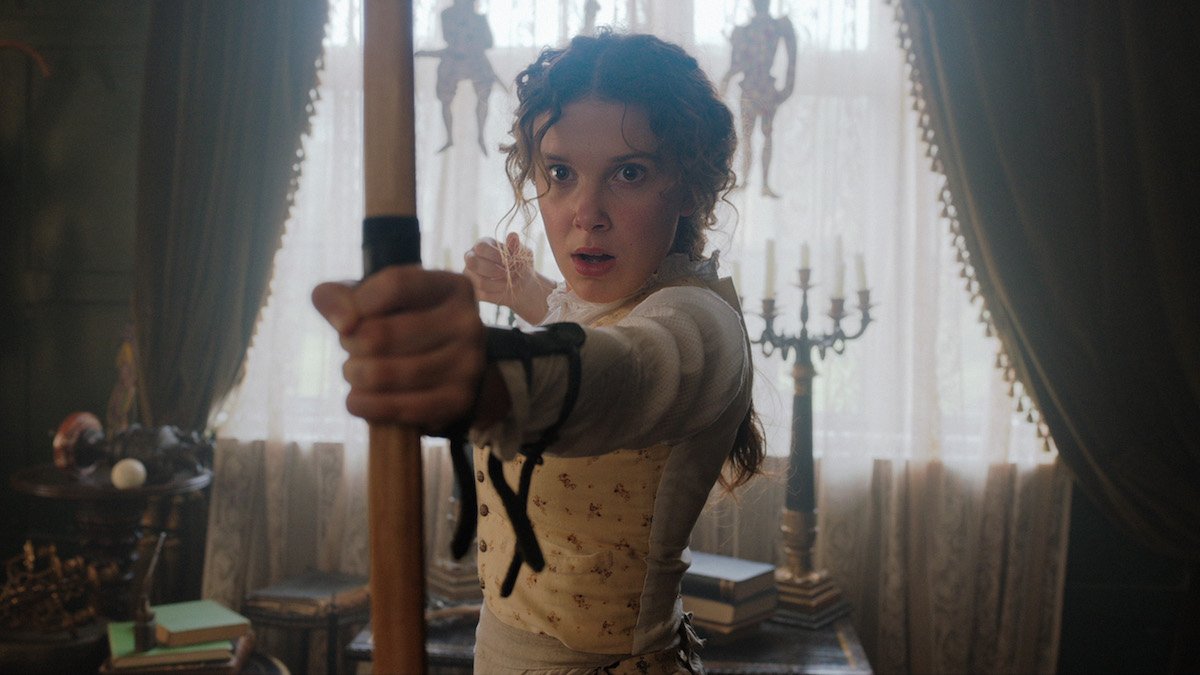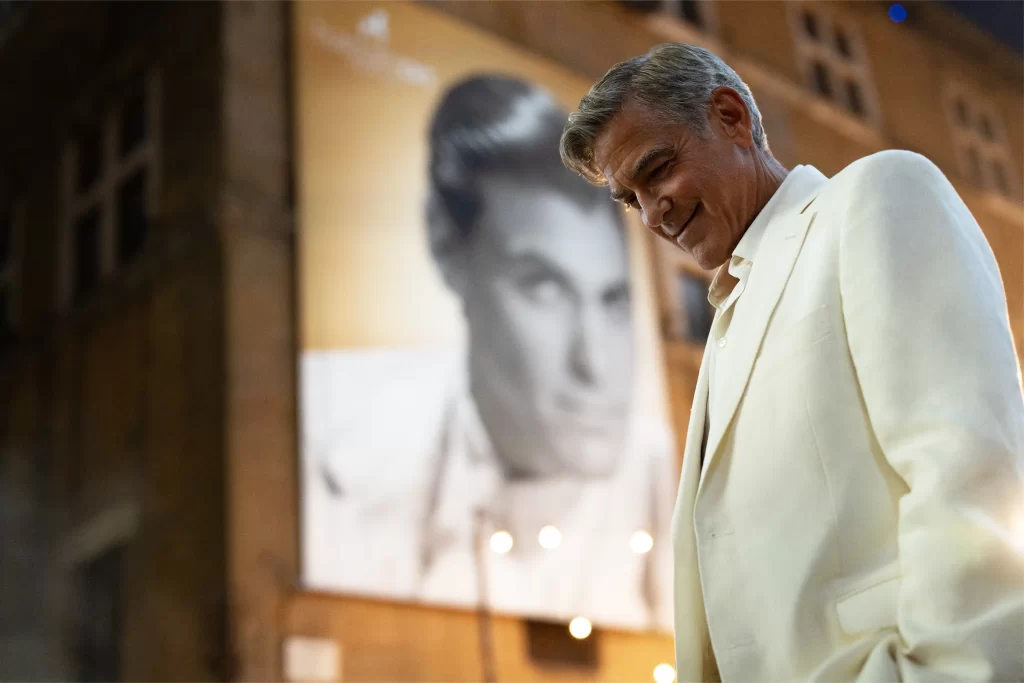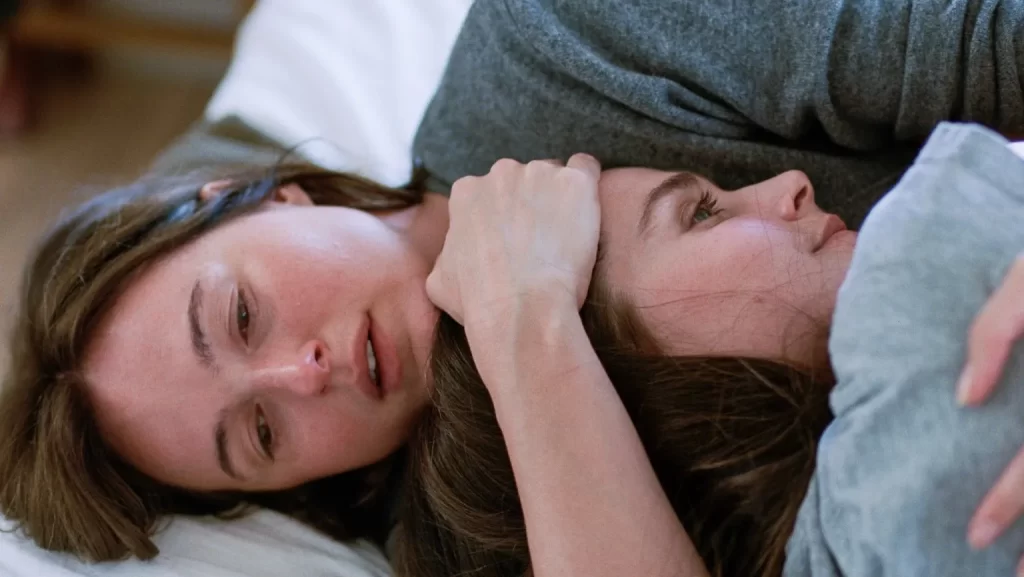We, as a people, are in dire need of delight. The economic and social impacts of the COVID-19 pandemic on cinema are well documented, as major releases and production schedules get pushed back, and fans bemoan the time when we could see movies with crowds, or even just by ourselves. There’s one element we haven’t considered as much, though: how the kinds of movies that are seeing release (and the ones being delayed) are impacting our overall mood.
Which brings us back to delight. Most of the films that promised to deliver an uplifting boost over the summer (for example, Wonder Woman 1984 and Soul) got pushed back to fall and winter. The collective joy around the release of Bill and Ted Face the Music showed how much audiences felt starved for pure fun. Serious art is, of course, important, but so is entertainment.
Enter Netflix’s charming, delightful Enola Holmes. The mystery adventure starring Millie Bobby Brown feels like a blast of sunlight into a movie season that has frequently felt pretty dreary. The film may have an overabundance of plot, but for the most part it remains a buoyant experience worthy of weekend family viewing.

Enola (Brown) is the sister of renowned sleuth Sherlock (Henry Cavill) and stuffy politician Mycroft (Sam Claflin). The siblings have barely interacted, however, as Enola was raised on the family’s country estate by their whip-smart, unorthodox mother (Helena Bonham Carter). Enola and her mother are closely bonded, so it’s a shock when she goes missing on the morning of Enola’s 16th birthday. Enola enlists her brothers to help track her mother down, but when it becomes clear they’re more interested in making their little sister a presentable lady (rather than respecting the independent, capable woman she’s been raised to be), Enola takes matters into her own hands.
In terms of production value, Enola Holmes is about as close to a major studio film as Netflix has yet produced, and keeps a kid-friendly sense of action and energy throughout. The film is suffused with gorgeous scenery and lighting–golden and bright whenever possible–that feels inviting and warm. Brown is totally winning as Enola, displaying wit and charm, as well as irreverent fourth wall breaks that provide real insight into her personality. Cavill’s Sherlock is very much a secondary character, but exudes big brotherly concern and grudging approval.

As briskly-paced as Enola Holmes is, it’s still surprisingly long (roughly two hours), the result of several plotlines that sometimes feel unnecessary. In addition to searching for her mother, Enola gets caught up in the predicament of a young lord (Louis Partridge) on the run from a mysterious assassin (Burn Gorman), a plot that eventually dominates the rest of the film, but distracts from the initial premise. Enola’s brief experience at a finishing school is a rabbit trail that doesn’t add much, apart from the already well-established theme of female independence.
Though younger viewers may struggle with the length, Enola Holmes offers lots of fun and a universal message of empowerment that viewers of many ages can enjoy. It’s also an excellent vehicle for Brown, who finally gets to show an expanded range beyond Stranger Things. Mostly, though, it’s just nice to finally have a movie that doesn’t feel heavy. At a moment when there’s a dearth of new entertainment that provides the escapism we desperately crave, Enola Holmes successfully scratches that itch.
B+
“Enola Holmes” is now streaming on Netflix.



